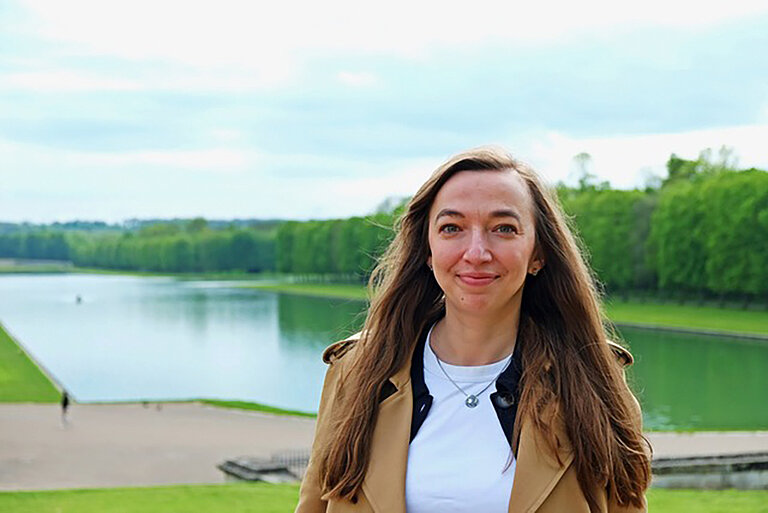Using advanced methods to recover ancient DNA from early human and Neanderthal remains, researchers have obtained unprecedented insights into human evolutionary history. Despite the wealth of data available, genomic data from key periods, such as the early dispersal of humans from Africa, remain elusive. The newly established Max Planck Research Group for Hominin Palaeogenomics, led by geneticist Mateja Hajdinjak, aims to fill these gaps and improve our understanding of the genetic diversity and survival tactics that shaped modern humans.
Shedding light on past encounters between hominin groups
Ancient DNA extracted from long-dead organisms has transformed our understanding of human evolutionary history by allowing us to study genetic variation across time and space, not just the diversity in current populations. Despite the recovery of genomic data from more than 10,000 ancient humans to date, relatively few genomes have been recovered from the period when humans first dispersed out of Africa and interacted with other hominins. These patchy genetic data from a crucial phase of our early prehistory severely limit our understanding of the disappearance of other hominins and the survival of modern humans as the only hominin group on Earth.
"To fill this gap, our group will apply cutting-edge methods developed to recover poorly preserved ancient DNA to skeletal remains of modern humans and, in particular, Neanderthals across Eurasia, focusing mainly on the period when these groups may have encountered each other," says group leader Mateja Hajdinjak. "In addition to gaining insights into the genetic variation of these groups, their interactions, local disappearance and adaptations to new environments, studying our closest ancestors and close relatives – modern humans and Neanderthals alike – can significantly advance our understanding of what makes modern humans who we are today."
Mateja Hajdinjak received her Master's degree in Molecular Biology from the University of Zagreb, Faculty of Science, Croatia, before completing her Ph.D. at MPI-EVA and the University of Leipzig, Germany. During her Ph.D., she more than doubled the total number of Neanderthal genomes available for downstream analyses, paving the way for the reconstruction of Neanderthal genomic diversity across its geographic and temporal range. After her Ph.D., she was a Marie Skłodowska Curie postdoctoral fellow at the Francis Crick Institute in London, UK.
Max Planck Research Groups offer early career researchers who hold a doctoral degree an excellent opportunity to qualify for a further career at a high level. The heads of these groups are appointed by the President of the Max Planck Society and enjoy an independent status within the institute.
Contact:
Sandra Jacob
Press Officer
Max Planck Institute for Evolutionary Anthropology, Leipzig
+49 341 3550-122
jacob@[>>> Please remove the text! <<<]eva.mpg.de
